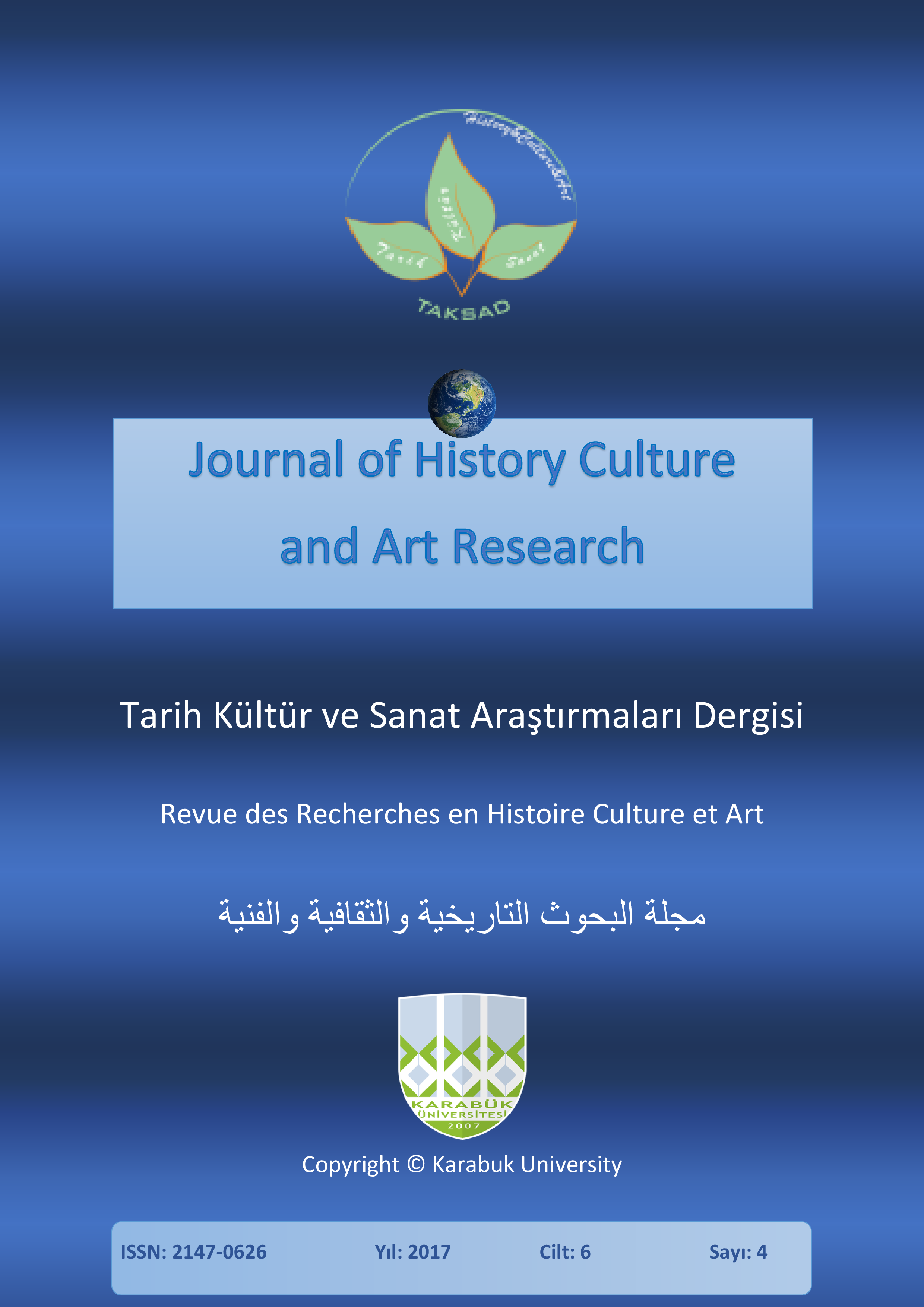Employment of University Graduates Across the Post-soviet Space: Problems and Solutions (The Example of Kazakhstan)
DOI:
https://doi.org/10.7596/taksad.v6i4.1115Keywords:
Graduates, Economics, Labor market, Employment, Higher education institutions.Abstract
The article analyzes the prospects of work search by the graduates of higher educational institutions across the post-Soviet space using the example of the Republic of Kazakhstan. Currently, the problem of the employment selection strategy among the graduates of the post-Soviet space countries remains as a priority. Graduated experts at the labor market experience a complex of institutional problems: a small number of jobs, bureaucratization, inadequate knowledge for vacant posts, the lack of infrastructure at higher education institutions for the interaction with enterprises. All this leads to the dissatisfaction of specialists with their professional and social status, to the choice of a work place which does not correspond an acquired specialty, or to the use of personal ties of their family to the detriment of their own desires and qualifications, and, consequently, to the reproduction of disproportions in the economy. As a research in the field of economic sociology, the article relies on conflictological and structural-functional paradigms. A questionnaire is used to reveal the research topic. The objectives of the study are the following ones: the problems of graduate employment and the ways of their solution in Kazakhstan. The result of the conducted research showed that the successful adaptation of graduates at the labor market makes it necessary to develop and introduce effective educational programs in the teaching process, including practical-oriented disciplines that give the opportunity to obtain knowledge required by employers. The students of senior courses should study practical courses, preferably on practice bases, they should actively participate in the development and the implementation of specialized projects, grants, in scientific competitions, conferences, which will allow them to develop creative thinking, to understand the content of future profession, to master the basic theoretical and practical material.
References
Caprile, M. (2007). Youth employment: an unsolved problem. European Foundation for the Improvement of Living and Working Conditions, Spain.
Didenko, D. V. & Klyucharev, G. A. (2013). Vocational education in Russia: ways of catching up and innovative modernization. Issues of education, 1, 183-204.
Erikson, R. & Goldthorpe, J. (2012). The Constant Flux: A study of Class Mobility in industrial societies. Oxford: Clarendon Press.
Goldthorpe, J. H.; Lockwood, D.; Bechhofer, F. & Platt, J. (2009). The Affluent Worker in the Class Structure. Cambridge: Cambridge University Press.
Marx, K. & Engels, F. (1960). Works. Edition 2. Volume 23. Institute of Marxism-Leninism under the Central Committee of the CPSU. Moscow: Politizdat.
Ministry of national economy (2016). The Republic of Kazakhstan. Committee on statistics. Retrieved on 12.05.2016 http://kyzylorda.stat.gov.kz/rus/pokazateli
Nikitina, Т. N. & Loseva, Е. (2016). A study of symbolic representations of spiritual values in students of Tatarstan. Journal of Organizational Culture, Communications and Conflict, 20, Special Issue, 105-111.
RESCUE (2017). Youth unemployment: current trends and consequences. Association "Center for Research into Economic and Sociocultural Upward Enhancement of CIS Countries Central and Eastern Europe”. Retrieved on 20.02.2017 http://rescue.org.ru/en/news/analytics/5338-molodezhnaya-bezrabotitsa-sovremennye-trendy-i-posledstviya
Saar, E.; Unt, M.; Helemäe, J.; Oras, K. & Täht, K. (2013). What is the role of education in the recruitment process? Employers’ practices and experiences of graduates from tertiary educational institutions in Estonia. Journal of Education and Work, 4, 475-495.
Schultz, Th. W. (1993). The economic importance of human capital in modernization. Education Economics, 1(1), 13-19.
Shakirova, A.; Petrova, R. & Kaveev, T. (2016). Women in hazardous works: assessment from the standpoint of feminism (the example of the Republic of Tatarstan (Russia)). Journal of Organizational Culture, Communications and Conflict, 20, Special Issue 2, 132-137.
Sidirovich, A. V. (2014). National economy. Almaty.
Downloads
Published
How to Cite
Issue
Section
License
All papers licensed under Creative Commons 4.0 CC-BY.- Share — copy and redistribute the material in any medium or format
- Adapt — remix, transform, and build upon the material for any purpose, even commercially.
Under the following terms:
Attribution — You must give appropriate credit, provide a link to the license, and indicate if changes were made. You may do so in any reasonable manner, but not in any way that suggests the licensor endorses you or your use.
- No additional restrictions — You may not apply legal terms or technological measures that legally restrict others from doing anything the license permits.







